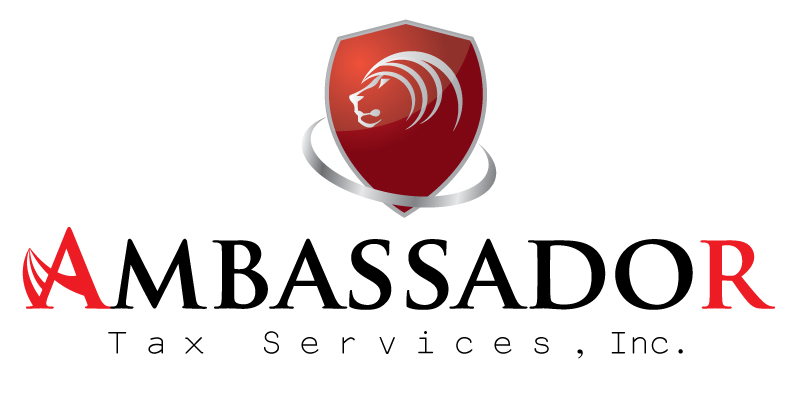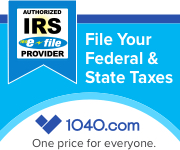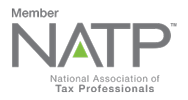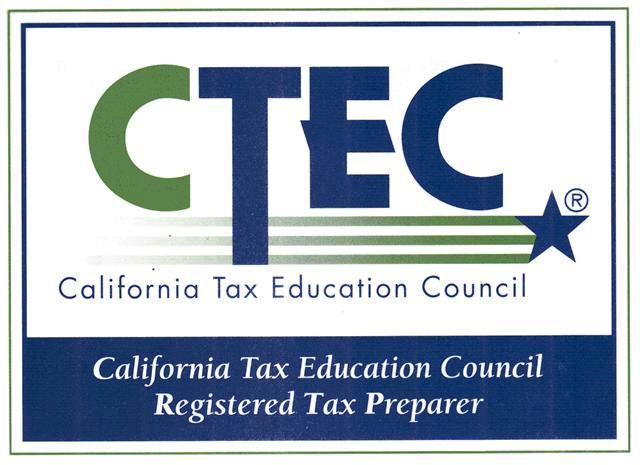
by Taxing Subjects | Oct 27, 2023 | Tax Tips and News
Drake Software® Update Schools return this year in 4 U.S. cities plus our hometown of Franklin, NC! Experts from Drake Software including Chief Revenue Officer John Sapp, CPA; Director of Education Christine Reynolds; Software Trainer Ann Campbell, CPA, CIA and many others; along with industry experts Randy Adams, EA and Director of the Stakeholder Liaison organization in the IRS Derek Ganter will be sharing important updates with Users about what to expect in the 2024 Tax Season plus exciting new software updates.
Who’s going?
Drake Software users and tax preparers from across the country will be flying or driving to Update Schools to network and socialize with their peers in the industry. Attendees will earn up to 8 hours of CPE credit while reviewing best practices and getting an overview of industry updates and how they affect software use. They will also learn all about the Drake Software updates our team has been tirelessly working on and have the opportunity to ask questions and receive expert opinions from our tax software specialists. Drake Software’s team will also be joined at the event by industry sponsors such as Rightworks, the National Association of Tax Professionals, Refund Advantage, Avantax, and EPS.
Representatives from the Taxpayer Advocate service will be available at Baltimore, Dallas, Atlanta and Las Vegas locations to help attendees resolve disputes for their clients.
What to Expect
Bonus classroom training is the first event of the week. It takes place the day before each Update School and is an opportunity to ask questions and improve your understanding of tax preparation. There are two courses available for classroom training. Drake Essentials is our new user course centered around gaining practical knowledge, navigating software, preparing returns, and e-filing. Drake Expanded is a more advanced class to add to your tax preparation skills and explore how different forms, schedules, and tax situations should be handled in Drake Tax. In the evening after the classroom session, all attendees are invited to a reception hosted by our industry sponsors.
The next day kicks off the Update School with a morning session presented by John Sapp. The subjects of this first session are important tax industry topics and how they will impact your tax practice this season, along with how tax law updates will change your Drake Tax® preparation. During the afternoon session, Drake Software and tax industry leaders will participate in a panel discussion. Topics of note are Drake Tax 2023 updates and enhancements, tips and best practices, and industry insights and information to use for your e-filing businesses.
Our experts will discuss the latest changes and headlines in tax news and break down what this means for preparers and how to adapt business practices to maximize the outcome of these changes. Topics like 1099s, cryptocurrency, and EV tax credits are all important this year and will receive air time during our learning sessions.
What’s the Big Deal?
Update Schools are the perfect event for the Tax Pro who wants to achieve many goals at the same time:
- Refreshing and gaining knowledge to improve your tax practice
- Asking questions in-person to our most accomplished and experienced team members,
- Networking and socializing with other Drake users, Drake partners and vendors, and the minds behind Drake Software
Take advantage of this unique tax event!
When is it?
The Update Schools schedule begins 11/9 in Baltimore, and continues with events on 11/16 in Franklin, 11/29 in Dallas, 12/6 in Atlanta, 12/12 in Las Vegas, 12/20 in Franklin, and 01/05 in Franklin. All times are listed on the registration schedule.
Registration
To register for Drake Software’s premier User event of the year, click on our update school scheduling link here to select the location and sessions that work be for you! Our companion session and classroom training link can be selected here.
Drake Software has been planning, designing, and preparing all year for Update Schools! We are excited to host the event and are looking forward to seeing new and familiar faces and meeting up with our partners in the tax industry. We will see you all soon!
– Article provided by Taxing Subjects.

by Taxing Subjects | Oct 24, 2023 | Tax Tips and News
The Internal Revenue Service has given small business owners and others who may have unintentionally filed inaccurate claims for the Employee Retention Credit (ERC) a way to escape a portion of the monetary consequences for filing a bogus tax claim.
The IRS has now established a process allowing certain ERC filers to withdraw their credit claim before it’s processed, thereby avoiding interest and penalties.
The withdrawal option treats the claims as if they were never filed, and, because the withdrawal request is filed before the bogus claim is paid, the would-be recipient doesn’t have to pay their refund amount back to the IRS.
Filers who are worried about the accuracy of their ERC claim have legitimate reason for concern, particularly if their claim was submitted with premeditation. The IRS has made it clear that filers who knowingly submitted a fraudulent claim for credit won’t be able to escape criminal investigation or prosecution even if their bogus claim is withdrawn.
Scammers Behind the Push to File Inaccurate or Outright Bogus Claims.
The Employee Retention Credit was created as a refundable tax credit for businesses that paid their employees through the Covid-19 pandemic while the business was partially or completely shut down due to a government order or had a major drop in gross receipts during the eligibility periods.
It should be noted that the ERC is not available to individuals.
Scammers and unscrupulous promoters took the appeal of a big refund to business owners and other taxpayers who may not have qualified for the tax credit in the first place or gave in to pressure from the schemers to inflate various numbers to get a larger refund.
Promoters of these scams took to the airwaves, claiming the ERC application process was simple and fast, when, in reality, the credit is a complex piece of tax code, requiring exacting application requirements.
Under pressure from relentless marketing of these scams, the IRS was flooded with claims for the ERC, totaling some 3.6 million claims over the course of the program. We wrote about how the agency responded with a moratorium on processing new ERC claims in September. Instead, the IRS said it was doing more to screen incoming claims for compliance, to stem the flood of ineligible filings.
Some of those taxpayers, suspecting their claims for the credit may not have been strictly legitimate, are having second thoughts and may be looking for a way out.
That’s where the IRS withdrawal offer comes in. Employers seeking to withdraw their filed claims for the Employee Retention Credit may do so, but only if all the following conditions are met:
- The claim was made on an adjusted employment return, such as Forms 941-X, 943-X, 944-X or CT-1X;
- The adjusted return was filed only to claim the ERC and no other adjustments were made;
- The taxpayer seeks to withdraw the entire amount of the ERC claim; and
- The IRS has not paid the claim, or the IRS has paid the claim, but the taxpayer hasn’t cashed or deposited the refund check.
Those not eligible to use the withdrawal option still have a way back by filing an amended return that reduces or eliminates their ERC claim. Details on all the options for ERC filers are available in a Nov. 2 IRS webinar as well as a new question-and-answer checklist.
Check out Fact Sheet 2023-24 and IRS.gov/withdrawmyerc for more details on the ERC withdrawal process.
Source: IRS announces withdrawal process for Employee Retention Credit claims; special initiative aimed at helping businesses concerned about an ineligible claim amid aggressive marketing, scams
– Article provided by Taxing Subjects.

by Taxing Subjects | Oct 11, 2023 | Tax Tips and News
As electric cars become more common on American roads, fully electric autos (termed “clean vehicles” by the Internal Revenue Service) are now showing up in the used car markets.
Owners of new electric vehicles are already able to claim the Clean Vehicle Credit for 2023, but starting in 2024, a credit will also be offered to qualified buyers of a used clean vehicle.
To keep up with demand, the IRS is proposing new regulations and is updating the language in its guidance for the Clean Vehicle Credit and how the credit can be transferred from the original buyer of the car to an eligible dealer.
The proposed regulations, new guidance and language will apply to electric cars put in service after Dec. 31 of this year.
Legislation Set Electric Wheels in Motion.
The changes in regulations, guidance and other language was put in place by the Inflation Reduction Act, covering new and used electric vehicles.
The new guidance, set forth in Revenue Procedure 2023-33, aims to clarify how taxpayers can transfer clean vehicle credits to an eligible dealer, enabling that dealer to receive advance payments of the credit for an EV, for example, that was taken as a trade-in.
Among other things, the revenue procedure sets out how a dealer would register with the IRS in order to be eligible to receive transfers of the credit from individual taxpayers. Additional details include how and when dealers have to submit seller reports.
The IRS has also updated its list of frequently-asked-questions (FAQs) for the Clean Vehicle Credit, tweaking the topics of:
- Eligibility Rules for the new Clean Vehicle Credit
- Income and Price Limitations for the New Clean Vehicle Credit
- When the New Requirements Apply
- Eligibility Rules for Previously Owned Clean Vehicles
- Claiming the Previously Owned Clean Vehicles Credit
- Qualified Commercial Clean Vehicles Credit
- Transfer of the Clean Vehicles Credit and Previously Owned Clean Vehicles Credi;
- Registering a Dealer for Reporting and Credit Transfers
- Seller Report Information for Buyers of Tax Credits in 2024
More information on the updated FAQs can be found on Fact Sheet 2023-22.
The IRS website, IRS.gov, has details on the proposed regulations and clean vehicle credits, as well as a handy reference chart on the clean vehicle credits.
Source: IRS issues guidance for the transfer of clean vehicle credits and updates frequently asked questions
– Article provided by Taxing Subjects.







